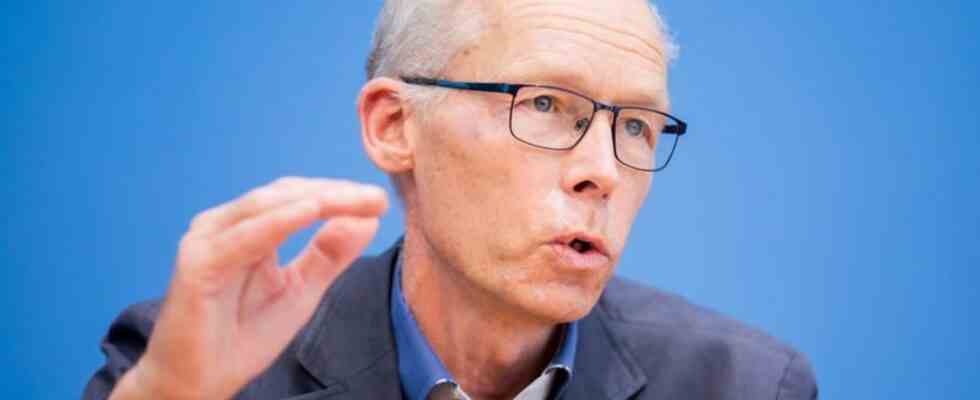Egypt
Climate researchers: Insufficient testimony for climate summit
Johan Rockström is director of the Potsdam Institute for Climate Impact Research. photo
© Christoph Soeder/dpa
The World Climate Conference in Egypt has made little progress in the fight against the escalating, dangerous global warming. Science is clearly sounding the alarm.
According to the renowned climate researcher Johan Rockström, science must be heard more in the global community’s struggle against the climate crisis.
“Science has a far too weak voice in the negotiations at the climate conferences,” said the director of the Potsdam Institute for Climate Impact Research after the end of the two-week mammoth meeting in Sharm el Sheikh, Egypt, to the German Press Agency. For example, many diplomats are not clear when which climate impacts are to be expected and to what extent. “That’s understandable, but also unfortunate.”
Research in recent years has shown that climate risks tend to be underestimated and that climate change is progressing faster than feared. “Storms, heat waves, floods and droughts are occurring more frequently and more intensely than we predicted,” Rockstrom said. Dangerous tipping points with irreversible consequences are closer than previously thought.
Rockström calls for the involvement of scientists
It is therefore very worrying that some voices in the negotiations questioned the importance of scientific knowledge. “The decision-makers probably need more science at the negotiating table, not less,” said Rockstrom. “I think that we would have to reform the whole process of climate conferences in order to get more meaningful results in the negotiations.”
His vision: unlike in the past, the negotiators of the states should receive daily briefings on the current state of research on climate risks, tipping points and other important fields and, against this background, have to defend the measures and goals of their states. In addition, a closer exchange between negotiators and scientists must take place in the working groups.
Results of the summit are “simply not good enough”
“With what is at stake, the results of the summit are simply not good enough,” the researcher sums up. Germany and the EU must now try to work with the US and China to make progress. Struggling to reach agreements with as many countries as possible, as is the case at the climate conferences, is good, but an alliance of the largest emitters of greenhouse gases may be even more efficient.

